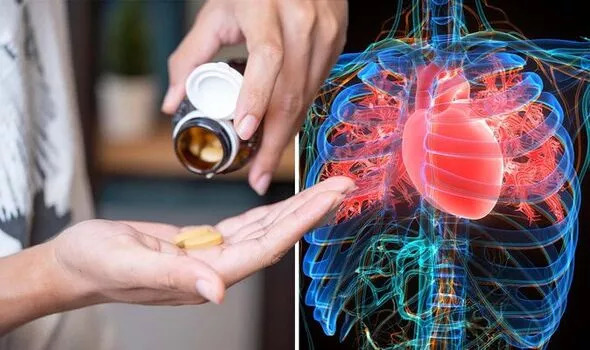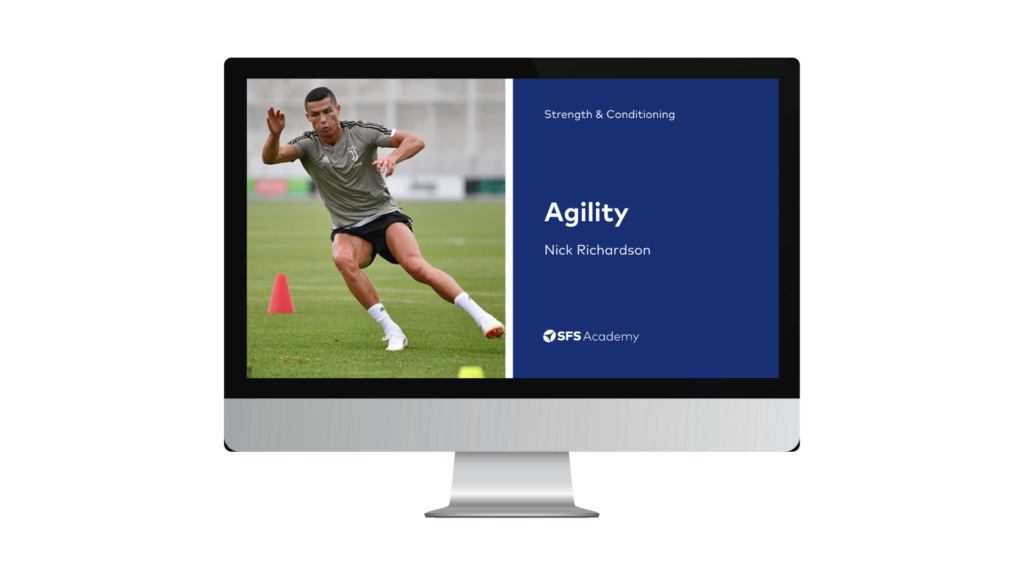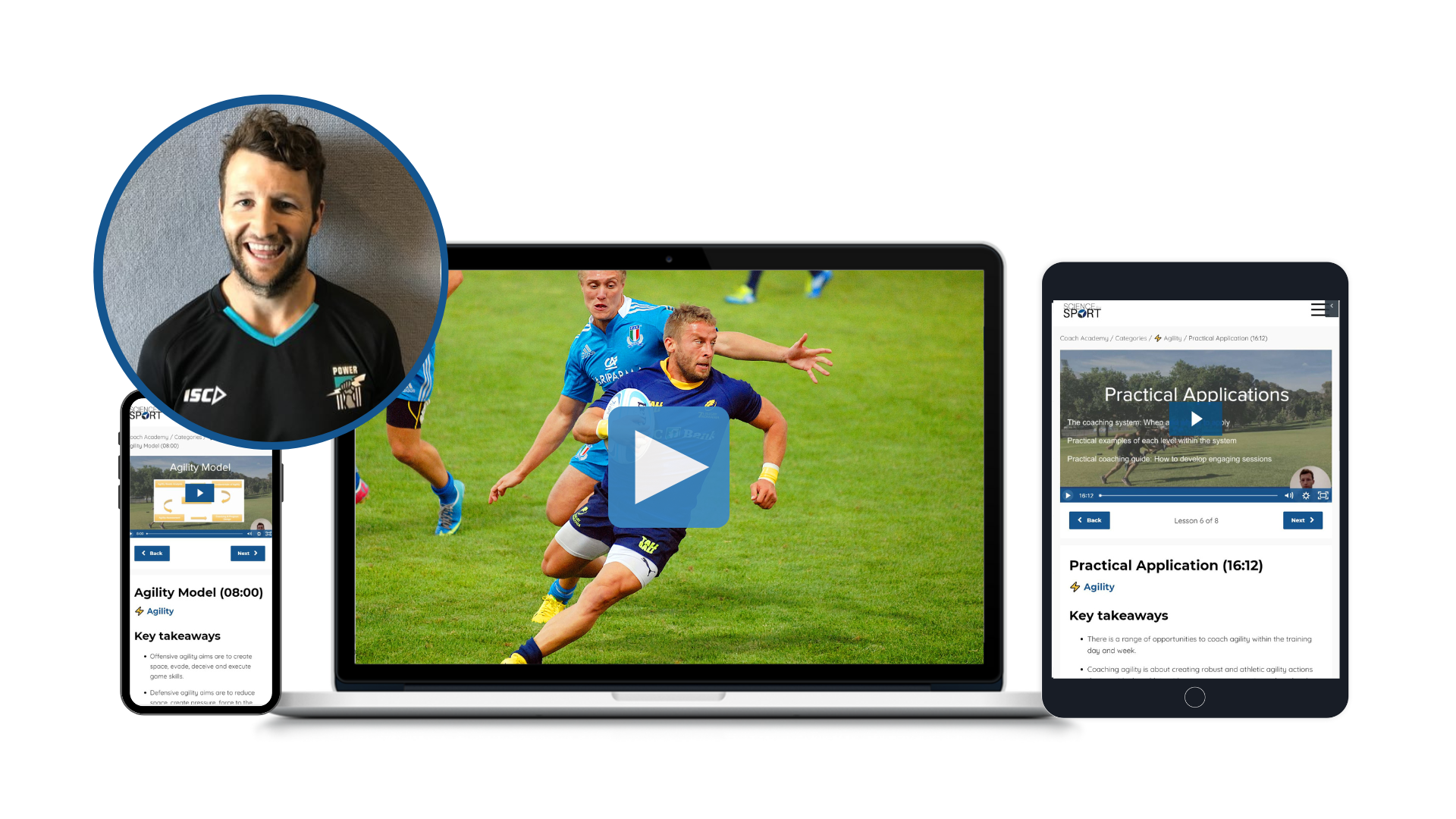This week in the world of sports science, here’s what happened…
- Neuroscience has the potential to revolutionise football
- The dangerous side effects of supplements
- High heel shoes can negatively impact ankle mobility
Neuroscience has the potential to revolutionise football

There was a fascinating recent article in The Guardian about how neuroscience is becoming football’s (soccer) game-changer. The article initially refers to a quote from the legendary former Arsenal manager, Arsene Wenger, who said, “In the last 10 years, the power and speed of individual players has improved, but now you have sprinters everywhere. The next step will be to improve the speed of our brains.”
The article explores a study conducted in 2014 involving prominent Brazilian footballer Neymar. The study utilised MRI technology to analyse the motor neuron activity employed by Neymar during a specific exercise. Surprisingly, Neymar exhibited the use of 90% fewer neurons compared to a control group comprising Spanish second-division footballers.
In 2017, Wenger endeavoured to introduce virtual reality headsets as a means to enhance his players’ cognitive training. However, this initiative was short-lived as players reported experiencing side effects such as motion sickness. Fast-forward to the present, virtual reality has gained traction within football teams. The article sheds light on the implementation of virtual reality by Matt Pearson, the head of performance at Wolves. Pearson advocates for limited usage, with players engaging in virtual reality training once a week for 15 to 20 minutes. He asserts that this approach heightens players’ situational awareness and allows them to perceive the game from multiple perspectives, ultimately enhancing their decision-making abilities.
Furthermore, the article delves into the insights of Eric Castein, the founder of BrainsFirst. Castein, alongside two Dutch neuroscientists, has conducted extensive research on elite footballers. Their findings suggest that elite footballers possess exceptional information processing capabilities, operating at remarkably high speeds. Castein emphasises the criticality of training the brain, particularly at the academy level, where the transition to professional ranks remains challenging.
The article concludes by presenting the perspectives of Sally Needham, who discusses the interaction between the nervous system and the body. Needham details how negative thoughts can manifest physically and impede the body. She underscores the significance of fostering emotional resilience through expertise in cognitive neuroscience for footballers.
This article offers valuable insights into the mysterious domain of neuroscience and is well worth checking out!
The dangerous side effects of supplements

An article from the Times of India recently shed light on the potential harm caused by certain supplements. The piece delves into commonly used supplements and their associated risks.
The surge in popularity of weight loss supplements has brought forth a host of associated side effects. The article references a recent study in the American Journal of Public Health, which found an increased risk of liver damage associated with weight loss supplements.
Caffeine, often consumed as a supplement to enhance energy and athletic performance, has its own set of drawbacks. The article discusses the adverse effects of excessive caffeine consumption, such as heart palpitations, anxiety, and jitters. Additionally, it references a study from the Journal of the American Heart Association, which links heightened caffeine intake to an increased risk of heart failure and stroke.
The article also examines calcium supplementation and suggests that the body may absorb calcium from dietary sources more effectively than from supplements. Furthermore, it warns against the potential increase in heart disease risk associated with excessive calcium supplementation and highlights the risk of kidney stones when consuming more than 1200mg of calcium from supplements daily. Moreover, the article outlines the potential side effects of excessive Vitamin E supplementation, including an elevated risk of stroke and prostate cancer in men.
It is crucial to note that many of these side effects are linked to excessive supplement consumption. However, the article underscores the potential dangers posed by supplements and emphasises the importance of seeking advice from medical or dietary professionals before incorporating supplements into one’s regimen.
High heel shoes can negatively impact ankle mobility
Dr Aaron Horschig, known for his work at Squat University, recently released an insightful YouTube video discussing the impact of high heel shoes on foot health. The video features an MRI demonstration of the musculoskeletal changes that occur in the foot when high heels are worn.
Horschig explains that wearing high heels places the calf muscles and Achilles tendon in a shortened position. While occasional use of high heels or weightlifting shoes may not lead to significant damage, prolonged and frequent wear can cause the calf muscles and Achilles tendon to adapt to this shortened position, resulting in reduced ankle mobility.
Furthermore, Horschig highlights that high heels are not limited to just stilettos! Many everyday shoes also feature a raised heel. Consequently, he recommends opting for completely flat everyday footwear to promote optimal foot health.
This informative video provides valuable insights into maintaining foot health and offers practical advice for individuals seeking to minimise the potential impact of raised-heel shoes.
From us this week:
>> New course: GPS Devices
>> New podcast: Secrets Behind Elite Cricketer’s Physical Preparation
>> New infographic: Spinach: Food For Thought
>> New article: Stop Looking! These Are The Best Infrared Saunas (2024)
Access to a growing library of sports science courses
SFS Academy is an all-access membership to premium sports science education.
With SFS Academy, you’ll learn from some of the best coaches around the world as they teach you how to apply the latest research and practice with your athletes.



